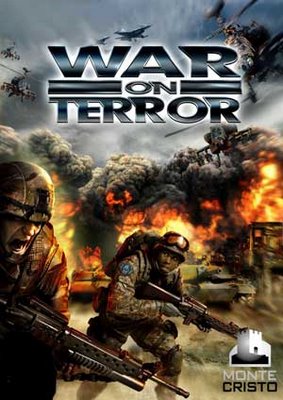Wednesday, November 29, 2006
Executive Order on Support of Terrorism Ruled Unconstitutional

A federal judge in Los Angeles has ruled that the Bush administration violated the Constitution when it froze the assets of more than two dozen alleged terrorist groups after the Sept. 11 attacks.
U.S. District Judge Audrey B. Collins, in a ruling released Monday, held that an executive order Bush issued Sept. 24, 2001 -- designating 27 groups and individuals as "specially designated global terrorists" -- was "unconstitutionally vague."
Collins said the order was flawed because it failed to explain the criteria used to make the designations and because it included no process to challenge the decision.
"The president's designation authority is subject only to his unfettered discretion," the judge said.
The ruling came in a long-running lawsuit before Collins in which humanitarian groups are seeking to support the nonviolent work of two groups that the secretary of State has designated as terrorist: the Kurdistan Workers Party, the main Kurdish political party in Turkey; and the Liberation Tigers of Tamil Eelam, a rebel group fighting for a separate homeland for Tamils in Sri Lanka.
Earlier in the case, Collins struck down portions of a law that made it a felony to provide "material support" to terrorists, saying that language in the Patriot Act, which had amended the law, was ill-defined. The Justice Department has often used the material support law in prosecuting terrorist cases.
The latest case focuses on Executive Order 13224, which is aimed at cutting off financing to alleged terrorist groups and is based on the 1977 International Emergency Economic Powers Act. Twenty-seven groups and individuals were initially named as "specially designated global terrorists" under the order -- including the PKK and the Tamil Tigers -- and hundreds more since have been added to the list.
In her ruling, Collins said the order is unconstitutional because there is "no apparent limit" on presidential authority to designate groups or individuals as terrorists. In addition, the judge ruled, language banning those "otherwise associated" with such groups is "unconstitutionally vague on its face." Collins rejected a number of other claims by the plaintiffs, however, including that the order's definition of a terrorist group is too vague.


